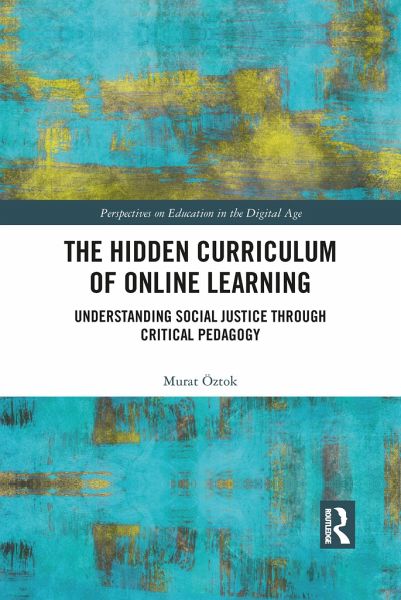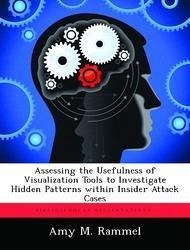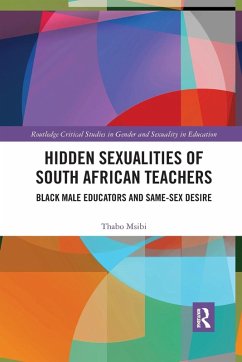
The Hidden Curriculum of Online Learning
Understanding Social Justice through Critical Pedagogy
Versandkostenfrei!
Versandfertig in 1-2 Wochen
53,99 €
inkl. MwSt.

PAYBACK Punkte
27 °P sammeln!
Drawing on critical pedagogy and contemporary cultural studies, The Hidden Curriculum of Online Learning highlights structural elements inherent in online teaching that marginalise students, arguing that these inequitable learning experiences represent existing inequalities in society.














